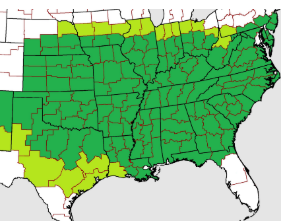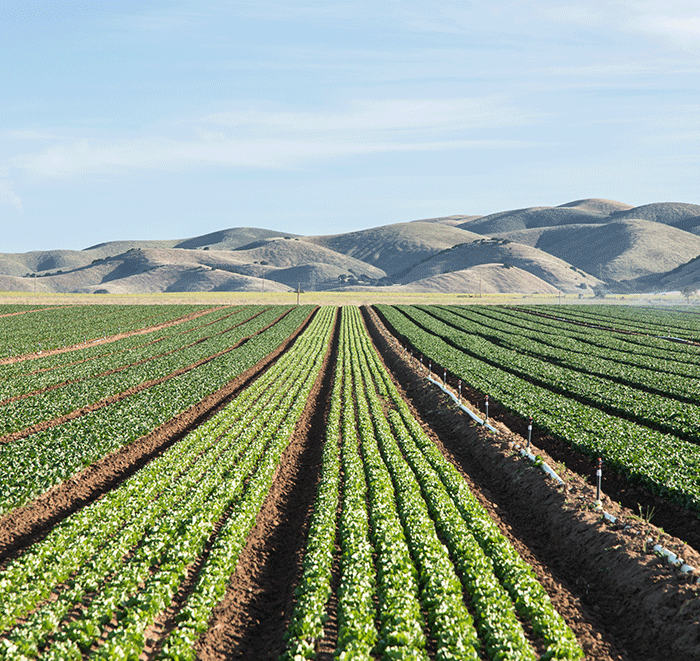6533

Relative Maturity: 115
Features & Benefits
Technology Trait


Region Adaptability

Agronomics
Water Management
Disease Tolerance
Management Response
Soil Placement
Rotation Management


Bayer Company is a member of Excellence Through Stewardship® (ETS). Bayer products are commercialized in accordance with ETS Product Launch Stewardship Guidance, and in compliance with Bayer’s Policy for Commercialization of Biotechnology-Derived Plant Products in Commodity Crops. This product has been approved for import into key export markets with functioning regulatory systems. Any crop or material produced from this product can only be exported to, or used, processed or sold in countries where all necessary regulatory approvals have been granted. It is a violation of national and international law to move material containing biotech traits across boundaries into nations where import is not permitted. Growers should talk to their grain handler or product purchaser to confirm their buying position for this product. Excellence Through Stewardship® is a registered trademark of Excellence Through Stewardship.
B.t. products may not yet be registered in all states. Check with your representative for the registration status in your state.
ALWAYS READ AND FOLLOW PESTICIDE LABEL DIRECTIONS. Roundup Ready® 2 Technology contain genes that confer tolerance to glyphosate. Glyphosate will kill crops that are not tolerant to glyphosate. Performance may vary from location to location and from year to year, as local growing, soil and weather conditions may vary. Growers should evaluate data from multiple locations and years whenever possible and should consider the impacts of these conditions on the grower’s fields. RIB Complete®, Roundup Ready 2 Technology and Design®, Roundup Ready®, Roundup®, and VT Double PRO® are trademarks of Bayer Group. Respect the Refuge and Corn Design® and Respect the Refuge® are registered trademarks of National Corn Growers Association. All other trademarks are the property of their respective owners.
Before opening a bag of seed, be sure to read, understand and accept the stewardship requirements, including applicable refuge requirements for insect resistance management, for the biotechnology traits expressed in the seed as set forth in the Technology/Stewardship Agreement that you sign. By opening and using a bag of seed, you are reaffirming your obligation and agreement to comply with the most recent stewardship requirements.
KEY
| Ratings: | 9 Excellent |
8 Very Good |
7 Above Avg |
5-6 Average |
3-4 Below Avg |
1-2 Poor |
| Systems: | HR Highly Recommended |
R Recommended |
NR Not Recommended |
|||
| Resistance: | HR Highly Resistant |
R Resistant |
MR Moderately Resistant |
LR Least Resistant |
MS Moderately Susceptible |
S Susceptible |
All agronomic characteristics and ratings may vary with growing conditions and environment. Ratings are approximate and should not be considered as absolute. Ratings on new hybrids are based on limited data and may change as more data are colle cted. Extreme conditions may adversely affect hybrid performance. The relative maturity of one hybrid to another remains reasonably constant; however, the actual number of cale ndar days from seeding to physiological maturity varies with da te of planting, planting rate, temperature, day length, soil fertility, and other environmental factors.

